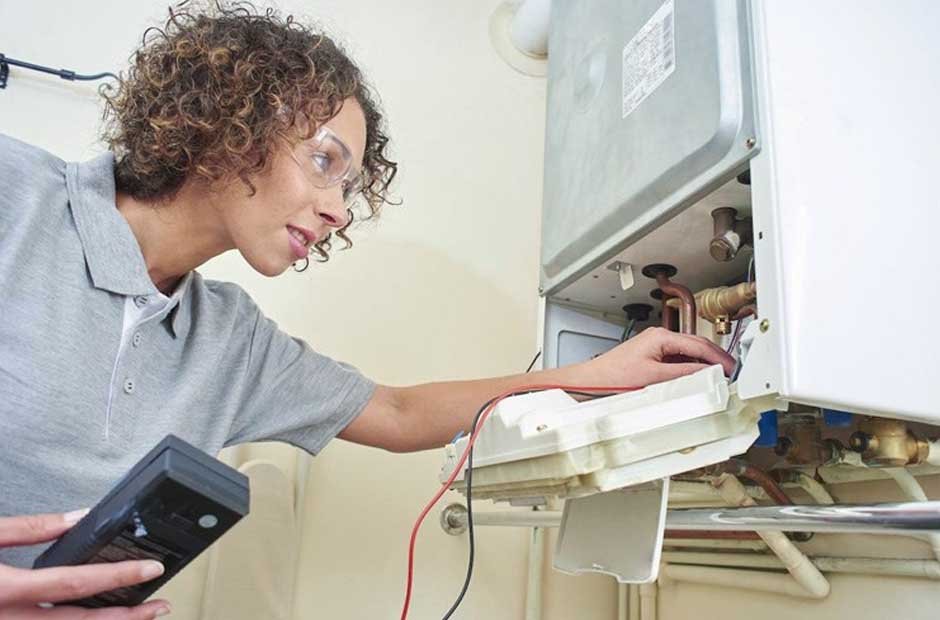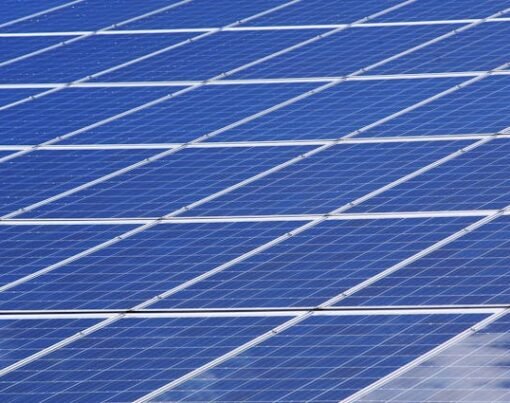The quest for a more energy-efficient home often leads to the heart of our heating systems: the boiler. In the UK, where chilly winters are a staple, selecting the right boiler can significantly impact both comfort and energy bills.
This article delves into the diverse range of boiler models available, comparing them on the grounds of energy efficiency, performance, and cost.
Table of Contents
Understanding Boiler Types
Before diving into comparisons, it’s crucial to understand the different types of boilers on the market:
1. Combi Boilers
Combination (combi) boilers are a popular choice in the UK, especially for smaller homes. They provide heat and hot water without the need for a separate water tank, making them a space-saving option.
2. System Boilers
System boilers require a cylinder for storing hot water but don’t need a water tank. They are suitable for homes with multiple bathrooms, offering a steady supply of hot water to several taps simultaneously.
3. Conventional Boilers
Also known as regular or heat-only boilers, conventional boilers are ideal for homes with traditional heating systems. They use a hot water storage tank and a cold water tank, often found in older properties.
Energy Efficiency: A Key Criterion
In the quest for energy efficiency, modern boilers are rated according to their Annual Fuel Utilization Efficiency (AFUE). The higher the AFUE percentage, the more efficient the boiler is. For instance, a boiler with a 90% AFUE rating converts 90% of its fuel into heat.
The Cost Factor
While considering energy efficiency, one must also ponder over what costs to expect for a new boiler. The initial investment can be substantial, but the long-term savings in energy bills can offset this. It’s about finding a balance between upfront costs and future savings.
Comparing Models
1. Combi Boilers
- Pros: High efficiency, compact size, and no need for a hot water tank.
- Cons: Limited hot water flow rate, not ideal for larger homes.
2. System Boilers
- Pros: Good for multiple bathrooms, steady hot water supply.
- Cons: Requires space for a cylinder, and the initial cost is higher than combi boilers.
3. Conventional Boilers
- Pros: Suitable for older homes, can work with existing pipework.
- Cons: Requires more space, less energy-efficient than combi and system boilers.
Selecting the Right Model for Your Home
When choosing a boiler, consider the size of your home and your hot water needs.
For smaller homes with one bathroom, a combi boiler might be the best choice. Larger homes, especially those with multiple bathrooms, might benefit more from a system or conventional boiler.
The Role of Smart Thermostats
Incorporating smart thermostats into your heating system can further enhance efficiency. These devices allow for more precise control over heating, reducing wasted energy and costs.
Future-Proofing With Renewable Energy Integration
Some modern boilers are now capable of integrating with renewable energy sources, such as solar thermal systems. This not only reduces your carbon footprint but also future-proofs your home against rising energy costs.
The Environmental Perspective
With climate change concerns growing, selecting an energy-efficient boiler is not just a financial decision but also an environmental one. Higher efficiency models reduce greenhouse gas emissions, contributing to a cleaner environment.
The Bottom Line: Balancing Costs and Efficiency
Ultimately, the choice of boiler depends on balancing the initial investment against long-term savings and considering the specific needs of your home. It’s advisable to consult with a heating expert to determine the most suitable model for your circumstances.
The Verdict: Heating Your Home Wisely
In conclusion, the boiler model you choose plays a pivotal role in defining your home’s energy efficiency and comfort.
While combi boilers offer convenience and efficiency for smaller homes, larger properties might need the robustness of system or conventional boilers.
By carefully considering your home’s needs and the long-term environmental and financial impacts, you can select a boiler that not only keeps you warm but also contributes to a greener, more sustainable future.










